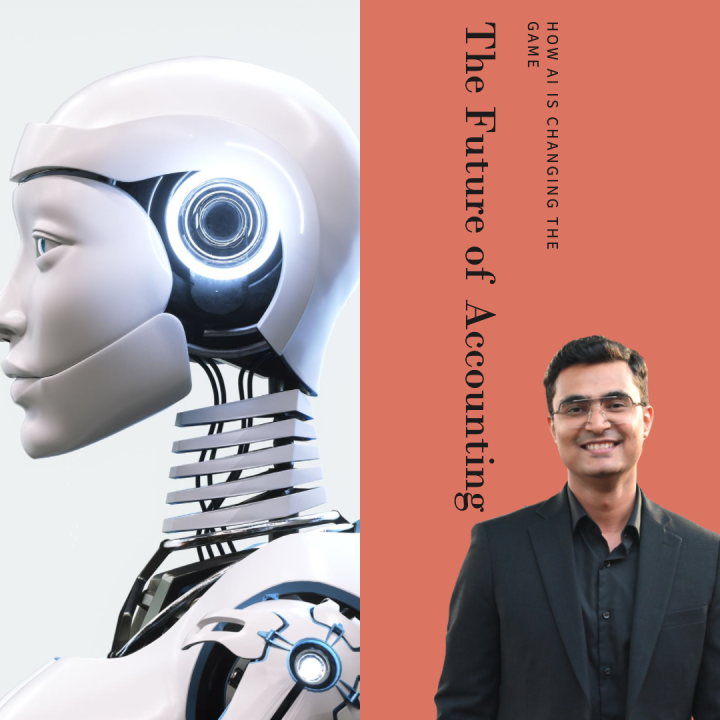Introduction
For accountants, the promise of artificial intelligence (AI) is both exciting and promising. The biggest accounting firms, such as EY and PwC, are already deploying AI technology to enhance their auditing and financial review procedures. The technology aims to identify irregular transactions or patterns of inconsistency, potentially leading to a deeper level of auditing analysis, which could offer investors and financial statement readers a more accurate and comprehensive picture of a company’s finances at a more affordable cost.
AI Developments in Accounting Software
SAP’s AI Assistant: Joule
SAP has introduced its AI assistant, Joule, which promises to provide contextualized information and assistance when performing tasks in SAP applications. Joule sits on top of an AI foundation layer, helping customers create job descriptions, interview questions, analyze financial data, forecast sales trends, and make decisions.
Oracle’s Cloud Capabilities
Oracle’s founder and CTO, Larry Ellison, has announced that the company’s cloud capabilities will leverage AI to resolve customer service issues more efficiently. In the healthcare field, for instance, AI will help providers reduce their manual work through voice commands.
NetSuite’s AI Enhancements
ERP maker NetSuite has integrated AI capabilities into its financial products, including a generative AI application called NetSuite Text Enhance. This tool generates content for any text area based on a few starter words that describe intent, improving productivity across finance, HR, supply chain, and sales teams.
Emerging AI Tools from Major Providers
Other major providers, including Sage, Epicor, Microsoft Dynamics, Xero, and QuickBooks, are also beginning to incorporate AI into their products. However, it’s important to note the cautious language used in their statements: terms like “could,” “will,” “building,” and “promises” indicate that these AI features are still in the early stages of development.
Challenges and Limitations
Despite the excitement around AI, there are significant challenges and limitations to its current capabilities in accounting. Rajiv Rao, a contributing writer to ZDNet, highlights a recent survey where ChatGPT underperformed compared to humans in solving accounting problems, scoring 47% correct answers versus the students’ 77%. The AI struggled with tax, financial, and managerial assessment problems, which involve a lot of math. This discrepancy underscores that AI’s outputs are based on probability rather than accuracy, which is a fundamental issue in accounting.
Current AI Capabilities in Accounting Applications
Research firm Gartner’s latest “Magic Quadrant” report on leading cloud enterprise resource planning (ERP) systems barely mentions AI features in major accounting platforms. This indicates that AI capabilities in these products are still in development and not yet significant enough to impact accountants’ daily work.
Future Prospects
While the AI functionalities teased by accounting and ERP vendors are still being developed, there is optimism for the future. It may take a few years before these technologies are perfected and incorporated into financial processes to a reliable extent. In the meantime, accountants and financial professionals should prepare by cleaning up their databases, attending vendor conferences, demanding demonstrations, and understanding how these tools will eventually help them work more efficiently and affordably.
